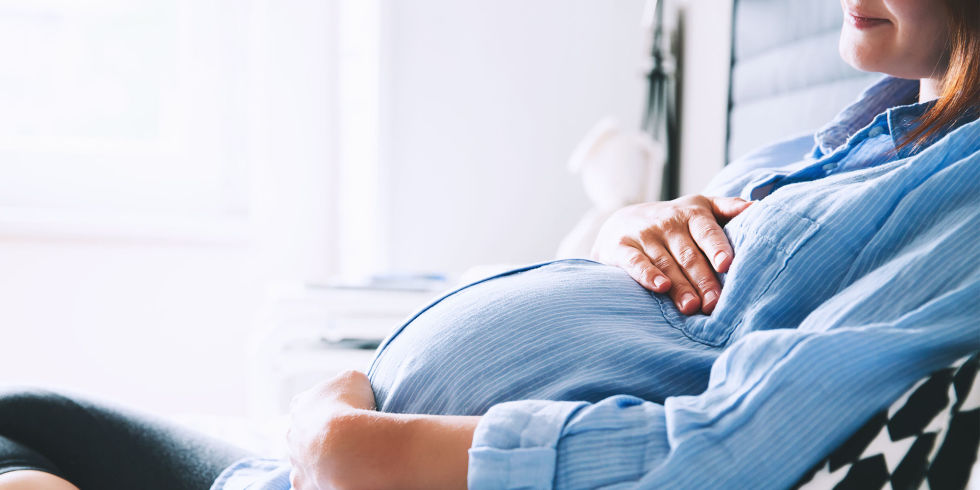Most fertility experts would agree they can’t pinpoint an exact ‘right time’ to start a family. However, there are plenty of pros and cons to trying for a baby at different ages.
Despite the fact that we know more about fertility than ever before, there is still a certain level of confusion surrounding the subject. To tackle this issue, Dr. Alex García Faura from leading fertility clinic Institut Marquès discusses the key factors all women should take into consideration if looking to conceive during their 20s, 30s, 40s and beyond.
In your 20s
‘Lots of women today don’t realise that your 20s are, biologically, your most fertile years. This is because, in many cases, periods are regular and ovulatory, and the quality and quantity of your eggs is at its peak, so falling pregnant is naturally easier.
‘Not only is there a higher chance of falling pregnant when in this age bracket, but pregnancy is often easier for women of this age too. Broadly speaking, levels of physical fitness are high, which means that you will have more energy during the pregnancy and find it easier to manage the post-delivery recovery. Your pelvic floor is also at its strongest during your 20s, which can mean a more comfortable pregnancy, and a quicker labour and recovery. From a medical perspective, your 20s are the best decade for conceiving and carrying a baby, because your body is primed to handle the demands of pregnancy.
‘However, this doesn’t mean to say that it is the most suitable time for everyone – as there are lots of other important lifestyle factors that need to be taken into consideration too. For example, many people in their 20s are studying at university, just starting out a new career, or working and living at home with their family, which means that they may not be emotionally or financially prepared to start a family just yet.’

In your 30s
‘As you move into your 30s, your ovaries will age just like the rest of your body, and the quality of your eggs will slowly start to deteriorate, which means that they are harder to fertilise. As this is a gradual process, the chances of falling pregnant in your early 30s are only a little bit lower than in your late 20s. However, once you reach 35 your odds will start to decrease more rapidly. In the same way, if you require assisted reproduction treatment, such as Intrauterine Insemination (IUI) or In Vitro Fertilisation (IVF), your chances of success are still higher in your early 30s than they are if you are in your late 30s or 40s.
‘Body clock aside, there are many lifestyle advantages of becoming a new mum in your 30s compared to your 20s. For example, women in their 30s tend to live a healthier lifestyle, and are more secure in their career and relationships, all of which will provide a secure foundation for a new family. Also, by this age women will have learnt a lot about themselves, and gained a lot of “life experience”, so they will be well-prepared for the challenges involved in looking after someone else.’
In your 40s
‘In today’s career driven society, more and more women are making the decision to try for a baby later in life. Although it is sensible to postpone motherhood until you feel “ready”, many of the women who wait until their 40s are often unaware that the chances of falling pregnant are a lot lower.
‘By the time a woman reaches her 40s, the quality and quantity of her eggs will have diminished even more. Once a woman surpasses her mid-40s, it is common for her menstrual cycle to become less regular as she heads towards the menopause – which makes the pregnancy process a lot more challenging, and the chances of falling pregnant naturally much lower. And there’s also a higher risk of recurrent miscarriages.

In your 50s
‘Most women will go through the menopause in their late 40s / early 50s, and therefore, are at the point where their bodies are designed to no longer be able to conceive and carry children. From an ethical point of view, there can be many complications with conceiving in your 50s, including potential birth defects, a higher risk of miscarriage and also the associations with being an ageing mother. Therefore, although it is not impossible to have a baby during this decade, it is not advisable.’
Whatever your age…
‘Whatever age you are, maintaining a healthy lifestyle will help to protect your fertility and prolong your chances of conceiving. The best measures you can take are keeping fit and sustaining a healthy weight, managing your stress levels, drinking sensibly, and avoiding smoking.
‘If you have been trying to conceive naturally for over a year and have been unsuccessful, then I would always recommend visiting a fertility specialist. In the first instance, you and your partner would undergo a series of tests to find out why you are struggling to conceive. After the test results have been received and analysed, the fertility specialist would discuss suitable treatment options with you – for example IVF, ICSI, egg donation, embryo adoption, or sperm donation.’












